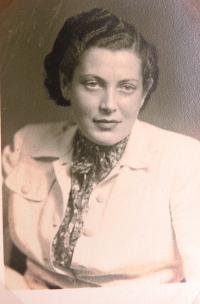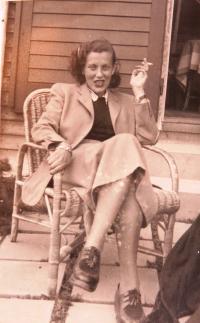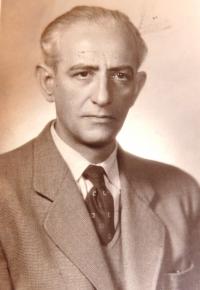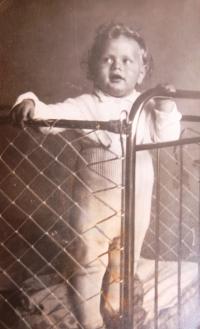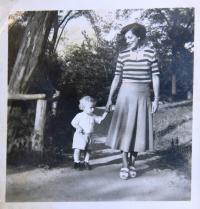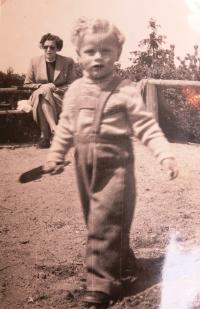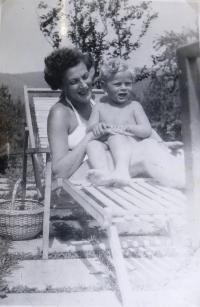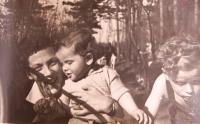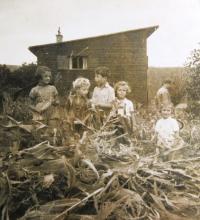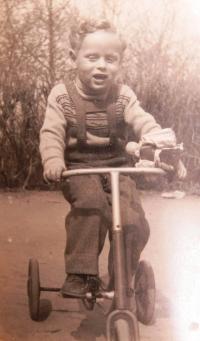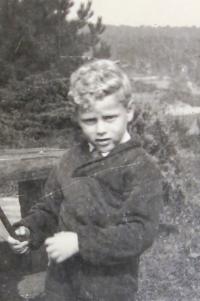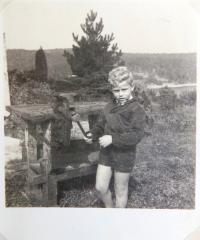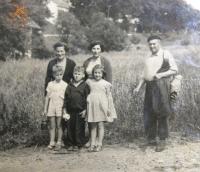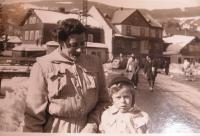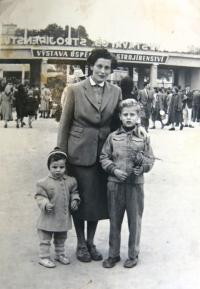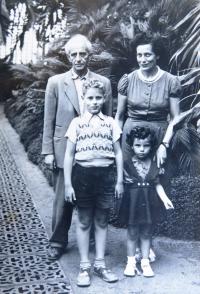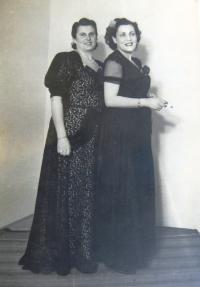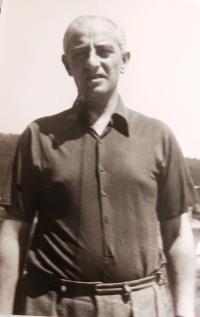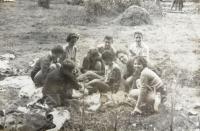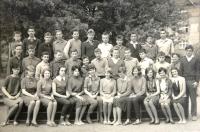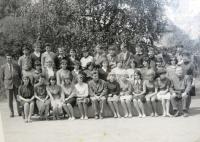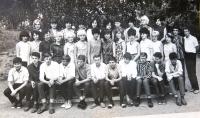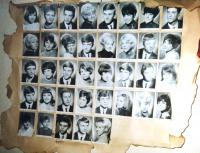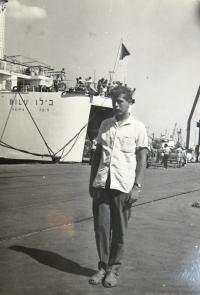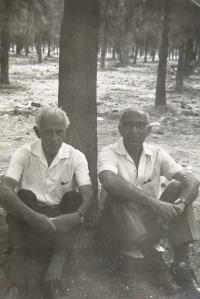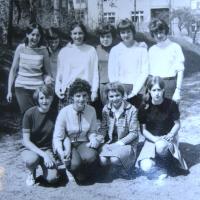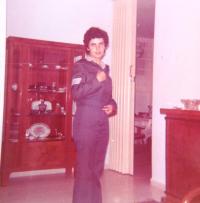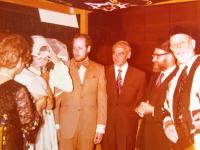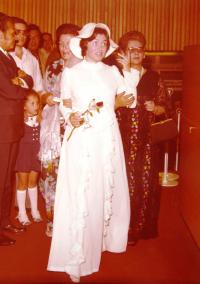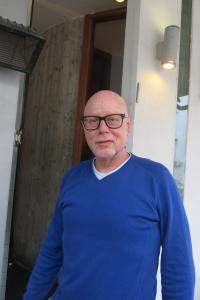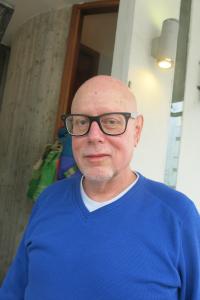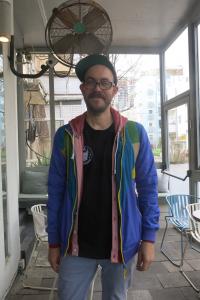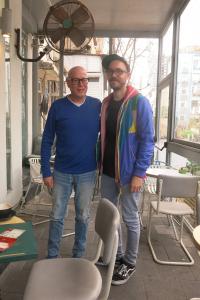I went to both Pioneer meetings and religious instruction
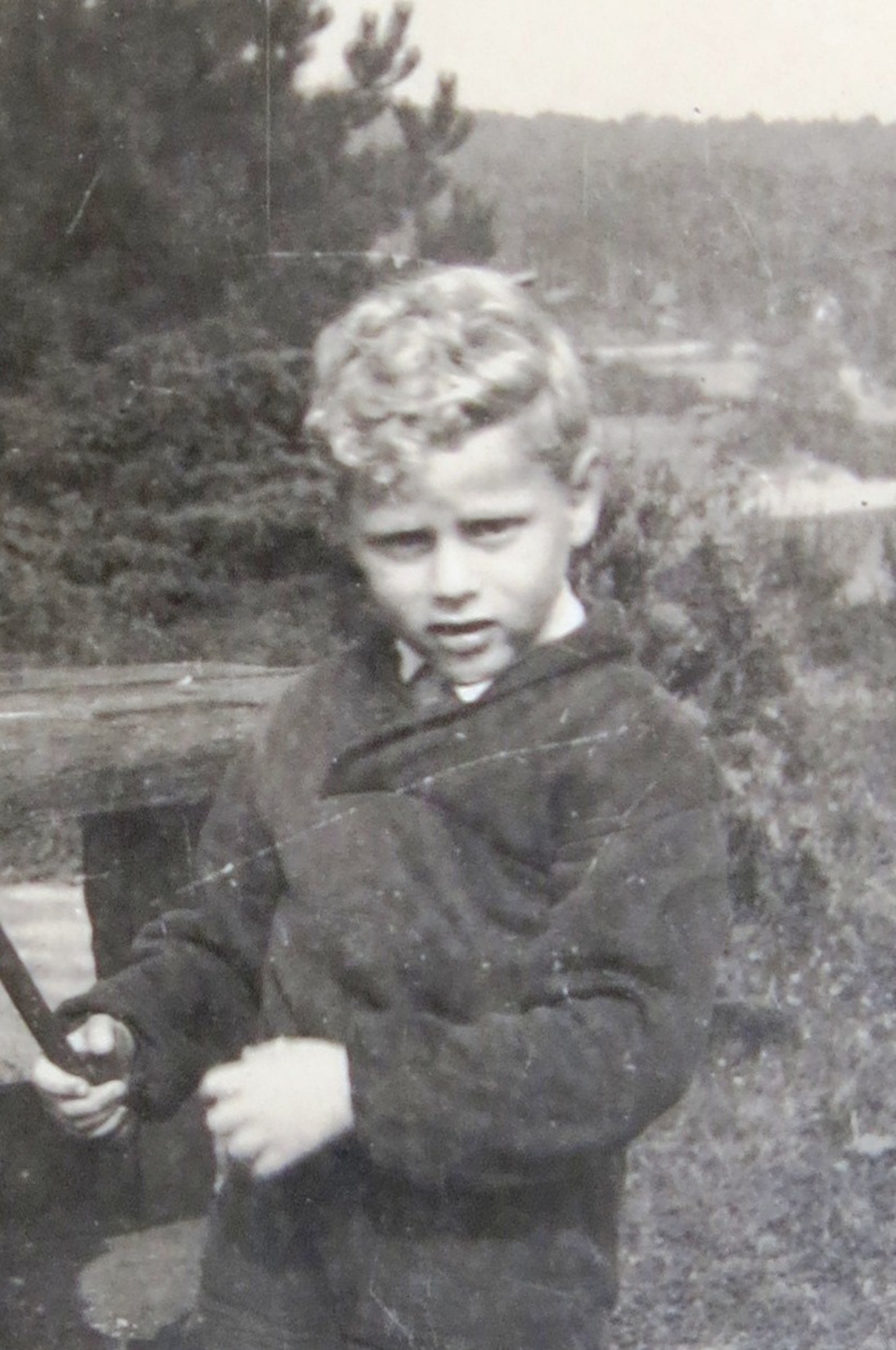
Download image
Michael Lax was born on 23 January 1949 in Brno in a Jewish family as the elder of two children. Both his parents had survived the Holocaust - his mother had been in Terezín, Auschwitz, and the Oederan labour camp; his father had fought on the Eastern Front as a soldier in Svoboda’s army. His mother was a private tutor of languages, his father - a former clothes trader - worked in a warehouse after his business was nationalised. The Lax family actively participated in the life of the Jewish community in Brno; Michael attended Hebrew lessons and religious instruction under Rabbi Richard Feder. He graduated from secondary school in 1967 and then studied at the University of Economics in Prague for one year. In the late 1960s the family was visited by relatives from Israel and decided to apply for permission to emigrate there. Although the first few applications were denied, they were finally allowed to emigrate to Israel; they left in October 1968. Michael Lax earned a degree in political science and history. He started military service in 1972 and remained in the army for the next 18 years. He and his wife raised three children. Michael Lax lives in Tel Aviv and regularly visits the Czech Republic.
